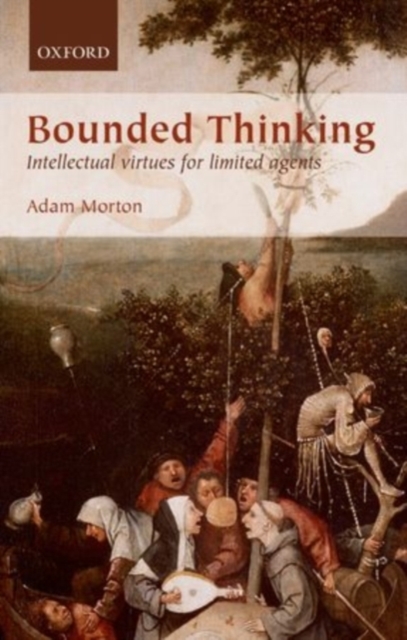
Bounded Thinking : Intellectual virtues for limited agents PDF
by Adam Morton
Description
Bounded Thinking offers a new account of the virtues of limitation management: intellectual virtues of adapting to the fact that we cannot solve many problems that we can easily describe.
Adam Morton argues that we do give one another guidance on managing our limitations, but that this has to be in terms of virtues and not of rules, and in terms of success-knowledge and accomplishment-rather than rationality.
He establishes a taxonomy of intellectualvirtues, which includes 'paradoxical virtues' that sound like vices, such as the virtue of ignoring evidence and the virtue of not thinking too hard.
There are also virtues of not planning ahead, in that some forms of such planning require present knowledge of one's future knowledge that is arguably impossible.
Aperson's best response to many problems depends not on the most rationally promising solution to solving them but on the most likely route to success given the profile of intellectual virtues that the person has and lacks.
Morton illustrates his argument with discussions of several paradoxes and conundra.
He closes the book with a discussion of intelligence and rationality, and argues that both have very limited usefulness in the evaluation of who will make progress on whichproblems.
Information
-
Download - Immediately Available
- Format:PDF
- Publisher:OUP Oxford
- Publication Date:08/11/2012
- Category:
- ISBN:9780191633102
Information
-
Download - Immediately Available
- Format:PDF
- Publisher:OUP Oxford
- Publication Date:08/11/2012
- Category:
- ISBN:9780191633102






